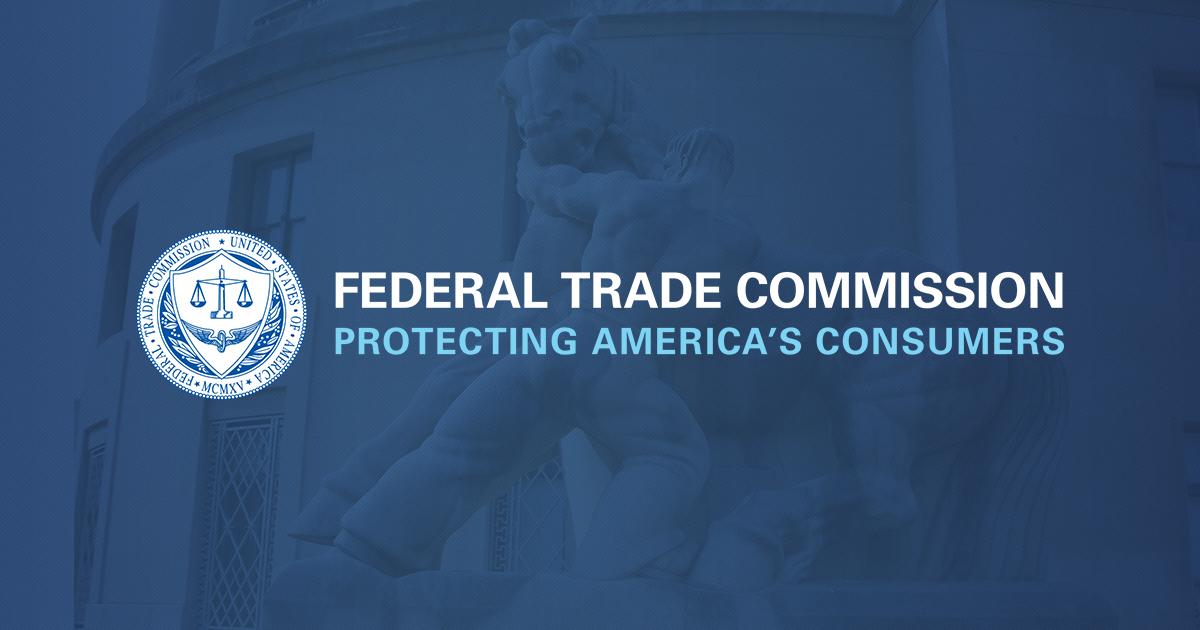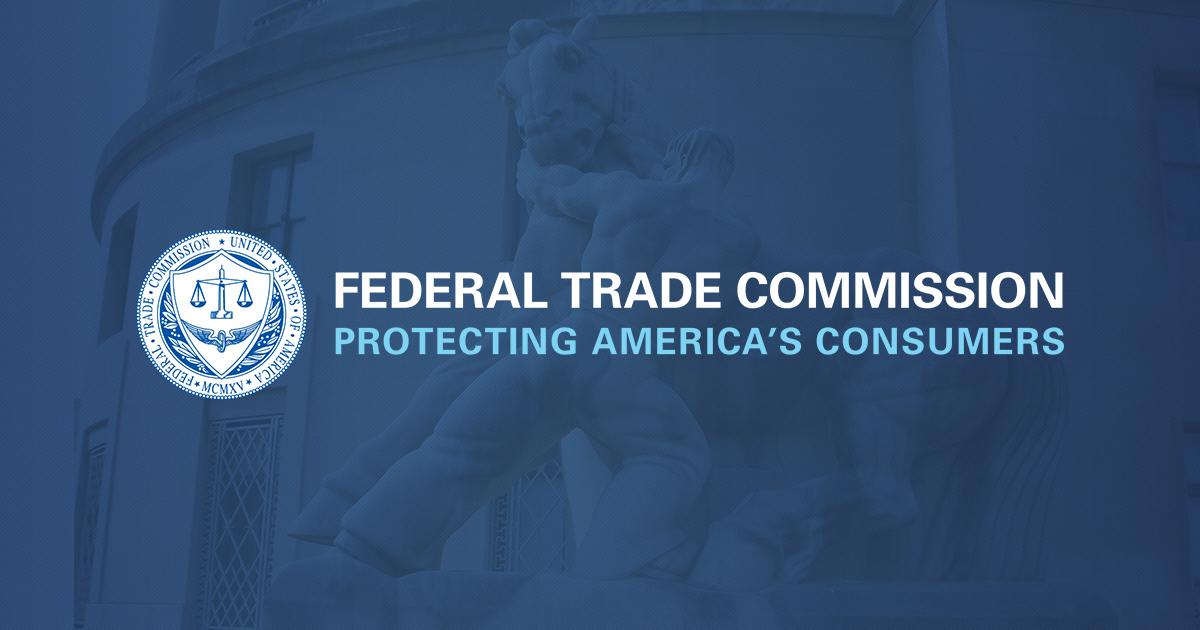The Federal Trade Commission has authorized a lawsuit to block CSL Limited’s proposed $3.1 billion acquisition of Talecris Biotherapeutics Holdings Corporation, charging that the deal would be illegal and would substantially reduce competition in the U.S. markets for four plasma-derivative protein therapies – Immune globulin (Ig), Albumin, Rho-D, and Alpha-1. These therapies are used to treat patients suffering from illnesses such as primary immunodeficiency diseases, chronic inflammatory demyelinating polyneuropathy, alpha-1 antitrypsin disease, and hemolytic disease of the newborn.
In approving the administrative complaint seeking to block the deal, the Commission also authorized the staff to seek a preliminary injunction in federal district court in Washington, D.C., to stop the transaction pending completion of the administrative trial.
“Now more than ever, it is critical that consumers benefit from vigorous competition in the health care sector – both to ensure competitive prices and to drive further innovation,” said Richard Feinstein, Director of the FTC’s Bureau of Competition. “Substantial consolidation has already occurred in the plasma protein industry, and these highly concentrated markets are already exhibiting troubling signs of coordinated behavior. The proposed acquisition would further consolidate the industry and increase the likelihood of collusion.”
CSL, based in Victoria, Australia, is the world’s second-largest supplier of plasma-derivative protein therapies. It produces and sells biotherapies used to treat several rare primary immune deficiency diseases, coagulation disorders, and inherited respiratory disease. CSL’s wholly owned U.S. subsidiary, CSL Behring, is headquartered in King of Prussia, Pennsylvania. CSL Behring owns and operates more than 70 plasma collection facilities in the United States and Germany, and three manufacturing centers in Switzerland, Germany, and Illinois.
Talecris, a wholly owned subsidiary of defendant Cerberus-Plasma Holdings, LLC, is headquartered in New York, New York. The world’s third-largest producer of plasma- derivative protein therapies, it began U.S. operations in 2005, when it acquired Bayer’s worldwide plasma business. Like CSL, Talecris owns a number of plasma collection centers in the U.S., as well as manufacturing facilities in North Carolina and New York. Under an agreement and plan of merger dated August 12, 2008, CSL proposes to acquire all the outstanding voting securities of Talecris in a transaction valued at approximately $3.1 billion.
According to the Commission’s administrative complaint, CSL’s proposed acquisition of Talecris would be anticompetitive and violate federal antitrust laws. The proposed acquisition would reduce the number of competitors in the U.S. markets for Ig and Albumin from five to four, leaving the top two remaining competitors – CSL and Baxter – accounting for more than 80 percent of each market. In addition, in the U.S. markets for Rho-D and Alpha-1, the proposed transaction would reduce the number of competitors from three to two.
This consolidation would continue the reduction in competition that has occurred over the past 19 years. In 1990, there were 13 plasma-derivative protein product competitors. This number was reduced to nine in 2003, and only five competitors remain today – CSL, Talecris, Baxter, Grifols, and Octapharma. The Commission’s administrative complaint alleged that firms in the plasma industry have used this consolidation as a tool to limit supply and drive higher prices, rather than to provide benefits for consumers. The proposed acquisition of Talecris is particularly concerning because Talecris was undergoing substantial expansion that – absent the acquisition – would have increased availability and lowered prices of these life saving drugs. The complaint also charges that by reducing the number of competitors, and eliminating this ongoing expansion, the acquisition will make anticompetitive harm through coordinated interaction even more likely and more successful.
Finally, the complaint states that there are significant barriers to entry and expansion in these markets, including regulatory, intellectual property, and capital requirements, that make entry or expansion unlikely to occur to a degree that is sufficient to offset the alleged anticompetitive effects of the proposed transaction.
The Commission vote approving the filing of the administrative and federal district court complaints was 2-0, with Commissioners Pamela Jones Harbour and William E. Kovacic recused. The administrative complaint was issued on May 27, 2009. The complaint for preliminary injunction will be filed under seal in the U.S. District Court for the District of Columbia.
NOTE: The Commission authorizes the filing of a complaint when it has “reason to believe” that the law has or is being violated, and it appears to the Commission that a proceeding is in the public interest. A complaint is not a finding or ruling that the defendants have actually violated the law.
Copies of the public versions of the Commission’s complaints will be available soon from the FTC’s Web site at http://www.ftc.gov and also from the FTC’s Consumer Response Center, Room 130, 600 Pennsylvania Avenue, N.W., Washington, D.C. 20580. The FTC’s Bureau of Competition works with the Bureau of Economics to investigate alleged anticompetitive business practices and, when appropriate, recommends that the Commission take law enforcement action. To inform the Bureau about particular business practices, call 202-326-3300, send an e-mail to [email protected], or write to the Office of Policy and Coordination, Room 383, Bureau of Competition, Federal Trade Commission, 600 Pennsylvania Ave, N.W., Washington, DC 20580. To learn more about the Bureau of Competition, read “Competition Counts” at http://www.ftc.gov/competitioncounts.
(FTC File No. 081-2255)
(CSL-Talecris.final.wpd)


